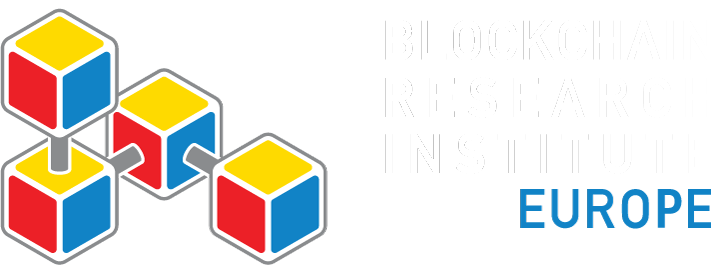Oil, Natural Gas, and Blockchain
Report Overview
Author: Mohamed El-Masri
Release Date: June 19, 2020
Abstract:
In this case study, the founder and CEO of a blockchain start-up explains his company’s vision for the future of the energy industry, changing how exploration and production companies raise capital and how investors and consumers participate in energy markets. The solution consists of a Hyperledger Fabric blockchain explorer, decentralized cloud storage, and an Ethereum-based platform that supports two ERC-20 tokens—one a security token and the other a utility token—plus an idea for powering bitcoin mining rigs that could provide an upstream source of revenue for oil and gas operators. It’s the kind of fresh thinking that this industry needs!
